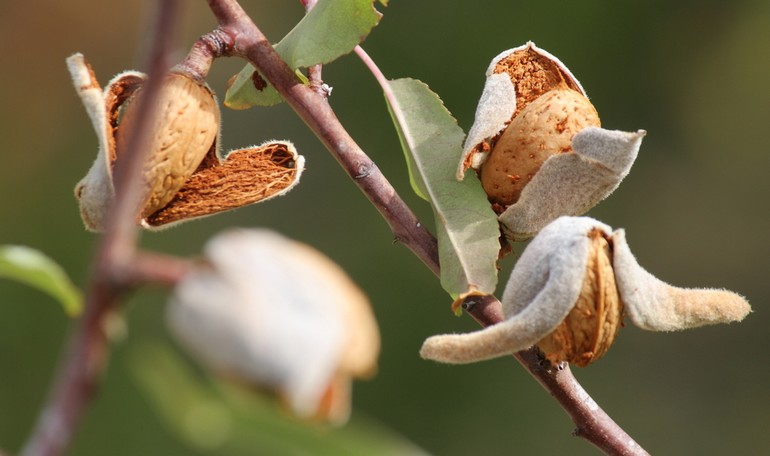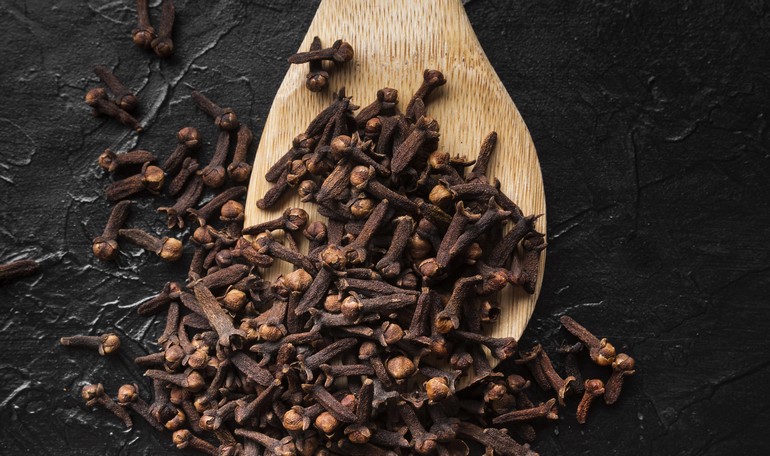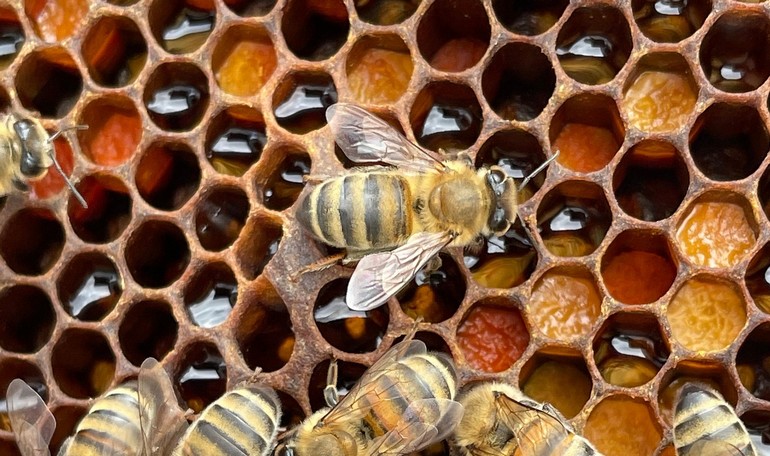The word from the nutritionist
Almonds between mhyts and legends
Do you know that almond blossoming is told in an ancient Greek legend? Discover it!.

The almond-tree, original of the Middle West Asia, was brought to Sicily from Greece by the Phoenician people. The ancient Greeks told that Phyllis, princess of Thrace, met Acamas and they fell in love with each other, but he had to leave for the Trojan War. The young princess, who had been waiting for her love for ten years, died of despair and the Athena goddess, touched by this story, turned her into an almond-tree. When Acamas returned and discovered what had happened, he embraced the tree that produced many flowers instead of leaves over its bare branches, in order to return this lovely gesture.
There are different legends about this little fruit: for example, for the ancient Romans the almonds had a power to fight the drunkenness and in the Middle Ages the people use this fruit to prepare love potions.
Certainly the almonds are very energetic fruits, in fact, they contain a high percentage of proteins, vitamins of E, B1 and B2 groups, magnesium, iron and potassium. They have antiseptic, emollient, laxative and tonic properties, besides they are the dried fruits with the highest fiber content (about 12%). The almonds contain different “good” fats important for a correct working of your cardiovascular apparatus; recent researchers have discovered that the daily consumption of this food aid to reduce the haematic levels of the cholesterol and of the triglycerides, but it’s important to remember that they have a high calory contribution (about 600 calories per 100g) and for this you don’t have to eat more then 10-15 almonds a day.
Published 21 March 2017





